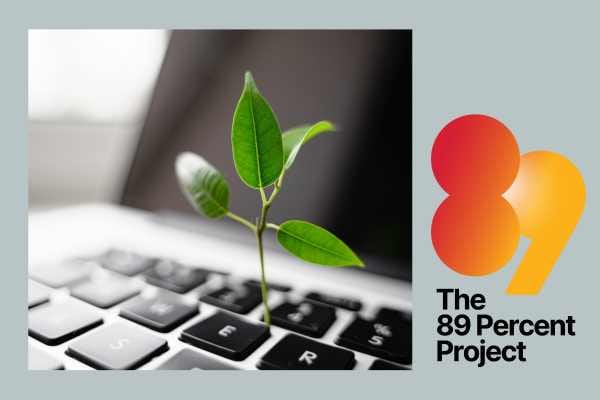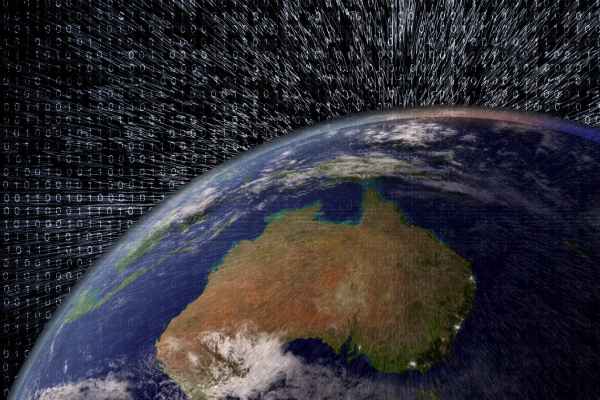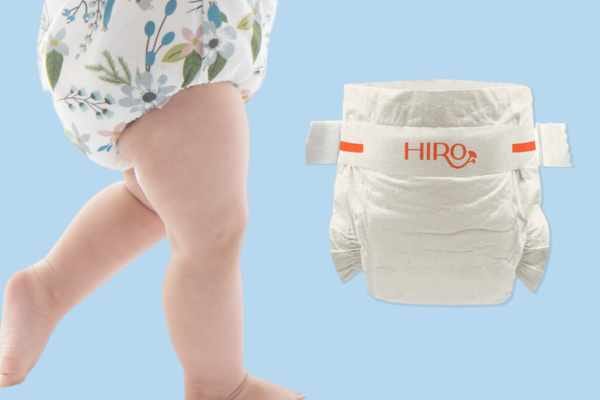Fresh approaches to sourcing water
These cleantech startups are pioneering new ways to tap the world’s most precious resource.

The world’s thirst for fresh water is growing year on year. Meet the cleantech innovators who are embracing the challenge.
Right now, two billion people – many of them children – don’t have access to safe drinking water, a problem that can only grow as climate change, population growth, and weak water governance take their toll.
By 2030, demand for fresh water around the world is expected to outstrip supply by a whopping 40 per cent, according to the Global Commission on the Economics of Water, with city dwellers expected to be the most impacted.
All of this translates to a major commercial opportunity with the best cleantech freshwater solutions poised to become critical infrastructure providers of tomorrow.
Cleantech freshwater solutions are poised to become critical infrastructure providers of tomorrow.
To help propel innovation in the space, a series of prizes and innovation challenges have been launched in recent years. UpLink, the open innovation platform of the World Economic Forum and non-profit, XPRIZE Foundation, are among those putting their weight behind the problem.
Six years ago, XPRIZE launched its US$1.75m Water Abundance prize for energy efficient tech that harvests fresh water from thin air. The solutions had to be renewable, had to extract more than 2000 litres a day, and had to cost less than 2c per litre.
The premise was that more fresh water exists in the atmosphere than in all of the world’s rivers, and several startups are on the case, creating new ways to tap into this massive resource.
Water from thin air
Skysource is a US startup that has created WEDEW, a system that generates fresh drinking water from air using a self-contained generator powered by biomass, and it was the winner of the $1.5m Water Abundance XPRIZE which was funded by the Tata Group and Australian Aid.
WEDEW stands for Wood-To-Energy Deployable Emergency Water, although the biomass used can be locally-sourced discarded plant matter such as nutshells or wood chips. This biomass is transformed into biochar - which captures the carbon before it can be emitted – and water vapour, which is then condensed into drinkable water.
As per XPRIZE’s brief, WEDEW can collect around 2,000 litres of water per day at the cost of less than two cents per litre. The system’s biomass gasification process is as compact as a solar panel and runs at one tenth of the cost, according to Skysource. It can also operate as a microgrid, generating power during emergencies and providing refrigeration, cooling, and communication.
In 2020 Skysource partnered with the World Food Program to supply WEDEW to a refugee camp in Uganda and communities in Tanzania.
Another innovator in this space is Imhotep Industries. The company has developed Phantor, a mobile atmospheric water generator the size of a shipping container which harvests water from ambient humidity.
The Austrian company’s mobile solution can create 10,000 litres of water a day from the air using a chiller system powered by renewable energy (if available). A 2022 Phantor pilot plant produced pure drinking water on a Dubai hotel island and has been exhibited internationally. Phantor says it is focusing on African and Asian countries and is in talks with potential project partners.
Fresh water from seawater
Current desalination technologies are expensive and inefficient. With this in mind, XPRIZE is getting strongly behind desalination with the recent launch of a $119 million, five-year global competition, XPRIZE Water Scarcity.
XPRIZE is calling on innovators developing reliable, sustainable, and affordable seawater desalination solutions to enter the competition which is funded by the Mohamed bin Zayed Water Initiative, a non-profit founded by the President of the United Arab Emirates.
Two years ago UpLink, in partnership with global company HCL, launched a $15 million five-year Aquapreneur Innovation Initiative which included five innovation challenges. Two of these challenges – the Global Freshwater Challenge (2022) and the Zero Water Waste Challenge (2023) – have already been awarded with ten winners announced in each category.
One of the winners in the Global Freshwater Challenge, Oneka technologies, has developed a new approach to desalination. The Canadian company uses mechanical buoys to produce freshwater from the ocean using the power of wave energy. Its units, which come in a range of sizes, can supply water for between 20 and 1500 people a day. Last year, the company CA$12.5 million in financing investment led by the Hoffecker Family which Oneka said will be used in faster deployment of its solutions including bringing several commercial projects to fruition, with a focus on the Pacific coast of the US and Chile.
Transforming wastewater
Another area attracting much innovation is the mission to turn wastewater into water that’s safe to drink, and with this in mind, a number of startups are developing climate-friendly methods – including the use of protein and even worms.
Retein has found a way to purify water without the emissions associated with conventional processes. It does this by putting the filtering ability of proteins to use by embedding them in a membrane. The proteins, called aquaporins, not only purify the water but are also able to recover rare earth minerals such as Lithium for reuse. Retein was founded in Sweden in 2019 and its patented molecular separation technology was developed at Chalmers University of Technology to enable energy-efficient and high precision recovery of resources for people and industry.
Absolute Water turns sewage waste into water that's safe to drink using a nature-based solution – specially bred worms which filter out micropollutants and harmful bacteria. This does away with the need for complex chemical treatment or energy-intensive industrial processes used in conventional water recycling.
The company says it has developed India’s first fully green water recovery system that converts raw sewage into drinking water quality in line with WHO standards. Absolute Water uses specially bred worms to consume the micro pollutants. The filtration system also uses organic and inorganic media such as woodchips, pebbles and sand to produce water for use in agriculture. This water can be further purified organically to provide drinking water.





